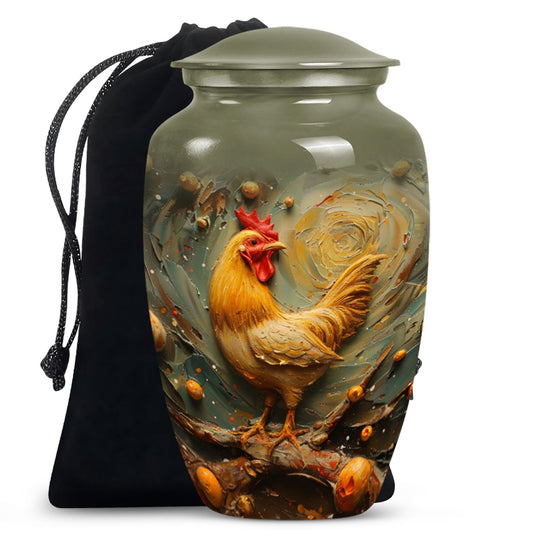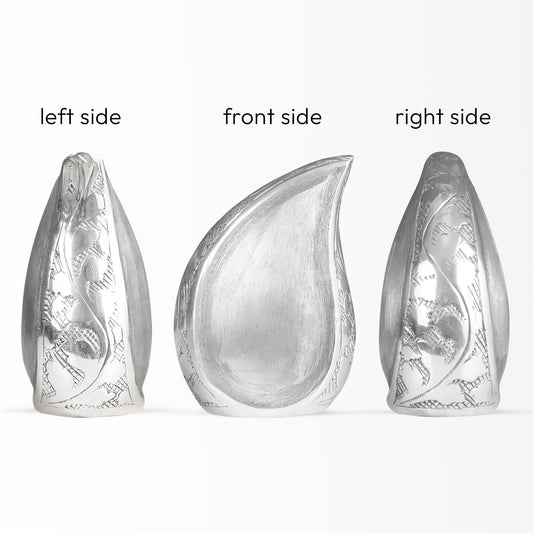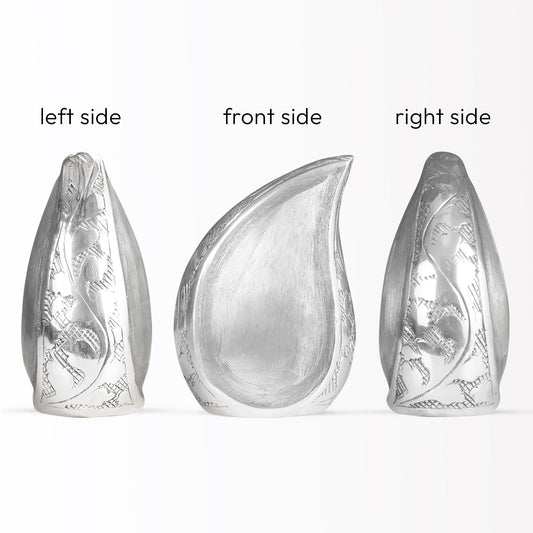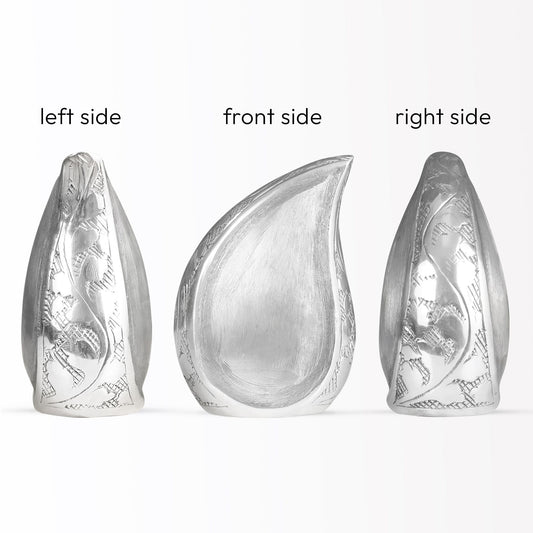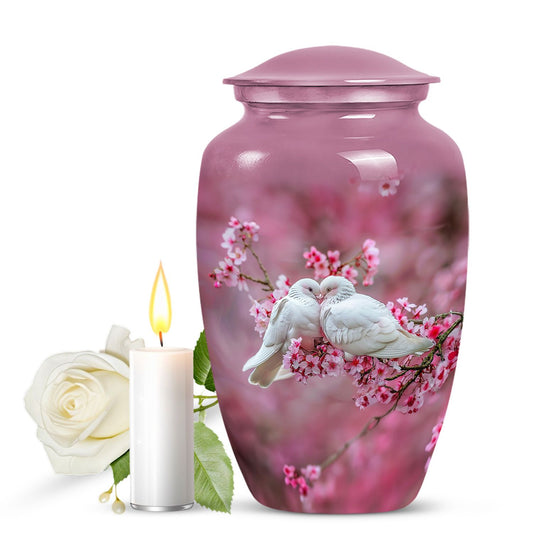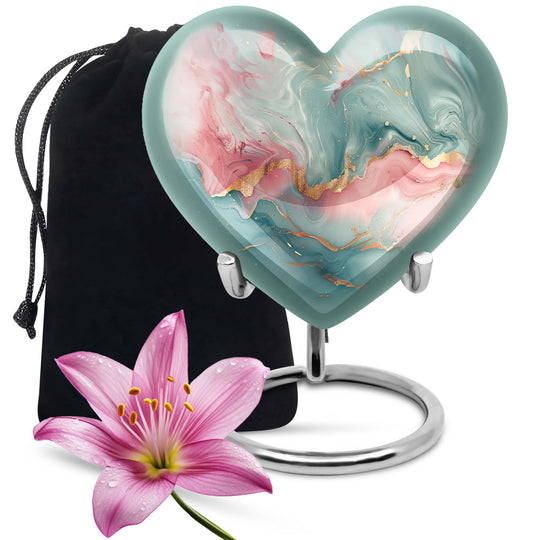Popular Urns
THE ART OF COMFORT: Helping a Friend after Loss

HOW TO HELP YOUR GRIEVING BEST FRIEND:
The shock of losing a loved one is surely a painful experience. It can be devastating to whoever it is happening to. A person goes through so many emotions, such as anger, frustration, hopelessness, and even denial, which can be part of the process.

In spite of saying that, death is a part of the human life cycle, regardless of age, gender, or nationality. Everyone around us, one day or another, has to face it. Hence, we have to be emotionally aware of this fact and try to lend a helping hand to people who are suffering.
Now, it can be your best friend too. In this situation, you might feel very uncertain and confused. But offering the right support to him or her is necessary. That’s why we are here to help you understand how you can console your friend who is going through a rough patch in life.
1. Letting them know your availability

Bereavement, in itself, is a lonely battle. Individuals think that undertaking isolation and cutting chords with people around them will help, but certainly it doesn’t. So, just letting people who are grieving around you know that you are there for them if they ever want to talk about it can come as a big relief. Let them know that you are just a phone call away if they want to take it out.
2. Listen to them more
Whenever the person is ready to share his or her feelings of remorse or any sort of thing, you should be there to listen to them attentively. You can ignore offering solutions or saying phrases like “I thought you were much stronger than this." This can affect their emotional journey and might not let them heal properly. Validating their emotions is the key here.
3. Offer some physical help instead

Helping your dear friend solve some of his life problems, maybe at work or in the family, can give them space to relieve their emotional state. You can suggest taking up some of his or her random but crucial chores, like cooking meals for their kids, taking them to a religious place, etc. Doing real stuff for them can really improve your bond with them and help them have a support system as well in such times.
4. Have patience
Everyone’s grieving journey is different, and you cannot compare two people. Emotions are something that evolves with time on its own. One has to stay patient and wait for all the highs and lows to get a little steady. A good friend is one who tries to understand their friend’s feelings without questioning their validity a lot. Give them the right amount of support to fall back on.
5. Suggest some self-care

You can gently encourage your friend to
- Take long walks
- pay visits to their extended families.
- have good food
- Do some skin care.
- Get proper sleep.
Or seek professional help if needed. The journey of bereavement is long, and it might take a big toll on both physical and emotional health.
6. Making a List
In the midst of all this, it is very crucial to have a list of important chores to attend to. You can help your friend if he has some lined-up appointments to attend to. It is especially possible that they have to arrange for the funeral or memorial ceremony if there is no one close enough to do that. You can accompany him to encourage his mood. But be careful not to push too hard, as you are aware the person might be fighting some inner battles himself or herself.
7. Encourage therapy if in need

If you feel in any way that nothing much is helping them and your friend’s grief is overwhelming you too, then you should not shy away from suggesting to him/her to take some therapy. Sometimes a professional person can handle the situation carefully. However, be sensitive to them regardless, as they might not feel confident about it.
Reminder:
Supporting someone who is in the process of bereavement can be emotionally taxing. Do not forget to take care of yourself too. Your well-being is equally important for you as well as for your family and friends. Take some time alone and spend it on your hobbies.
ALSO READ:
HOW TO CHOOSE THE RIGHT CREMATION PROVIDER
HISTORY OF CREMATION: From Ancient to Modern Times
How to Transfer Ashes into a Cremation Urn: A Step-by-Step Guide
How to Choose the Right Size Cremation Urn for Your Pet
How to Plan a Memorial: A Step-by-Step Guide


























